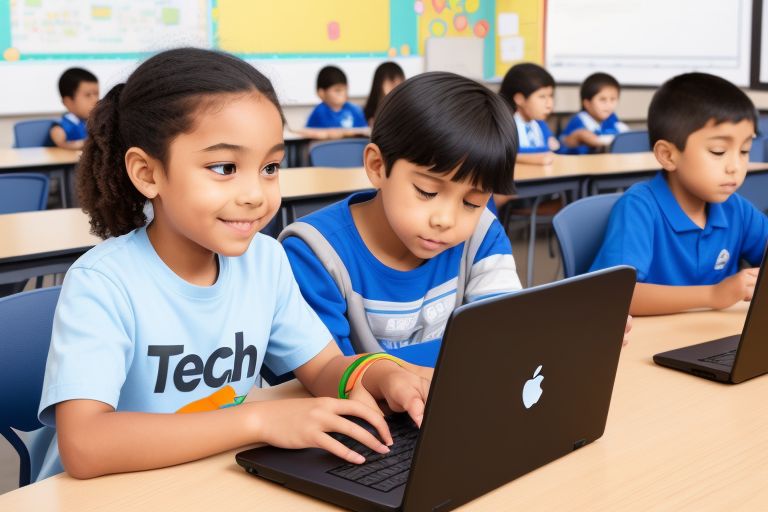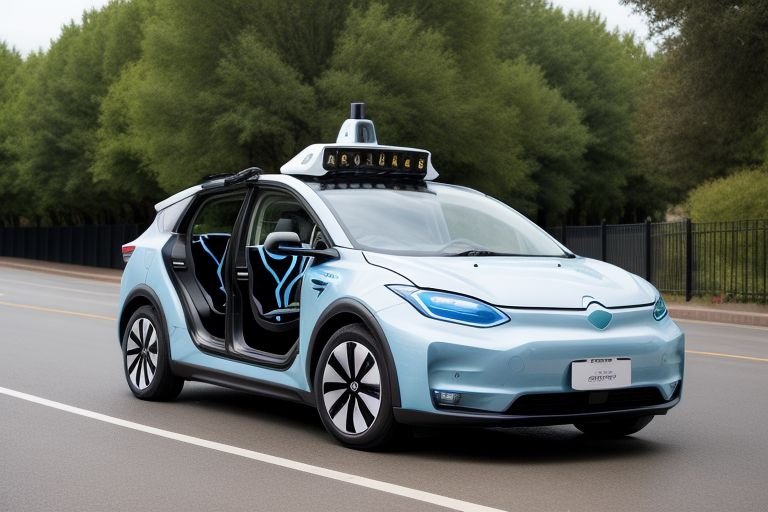The future of education is being reshaped by technology’s ability to offer personalized learning experiences, which tailor educational content and methods to the individual needs, skills, and interests of each learner. This shift towards personalization holds the promise of revolutionizing how education is delivered and how students learn, potentially addressing many longstanding challenges in the field.
The Rise of Adaptive Learning Technologies
Adaptive learning technologies are at the forefront of personalized education. These systems use algorithms to analyze a student’s performance in real-time and adjust the difficulty level of tasks, the pace of instruction, and the style of content to match the student’s learning needs. For example, if a student struggles with a particular concept, the system can provide additional resources or change the way information is presented, ensuring the student receives support tailored to their specific requirements.
AI and Machine Learning
Artificial Intelligence (AI) and machine learning play critical roles in the development of personalized learning environments. AI can sift through vast amounts of data to identify patterns and insights about a student’s learning habits, preferences, and challenges. Machine learning algorithms can then use this information to predict the most effective teaching strategies for each student, allowing for a truly customized learning experience.
Big Data and Analytics
Big data and analytics underpin much of the progress in personalized learning. By collecting and analyzing data on student performance across a wide range of activities, educators can gain a deeper understanding of each student’s learning process. This insight enables the development of more precise and effective educational strategies, helping students achieve their full potential.
Challenges and Considerations
Despite the promise of personalized learning through technology, there are challenges to its widespread adoption. Issues such as data privacy, the digital divide, and the need for teacher training on new technologies must be addressed. Additionally, there is a risk that over-reliance on technology could reduce valuable face-to-face interactions between teachers and students, which are critical for social and emotional development.
The Role of Teachers
The role of teachers is evolving in this tech-driven educational landscape. Instead of being the sole source of knowledge, teachers are becoming facilitators of learning, guiding students through personalized learning paths enabled by technology. This shift emphasizes the importance of pedagogical skills and adaptability, as teachers must navigate and integrate various technological tools into their teaching practices.
Conclusion
The future of education, shaped by the integration of technology in personalized learning, holds the potential to make learning more engaging, effective, and accessible for students of all backgrounds and abilities. However, for this potential to be fully realized, educators, policymakers, and technologists must work together to overcome the challenges and ensure that technology serves as a tool to enhance, rather than replace, the human elements of education. As we move forward, the focus should remain on creating inclusive, student-centered learning environments that prepare individuals for the challenges of the 21st century.



